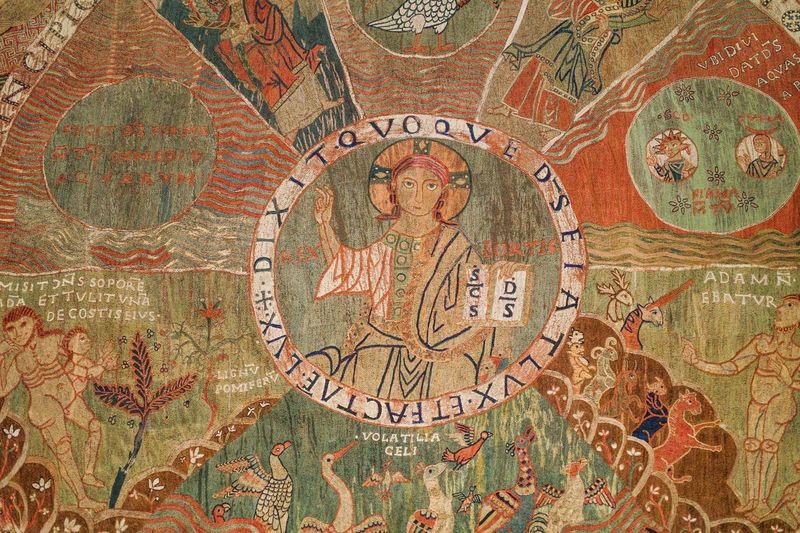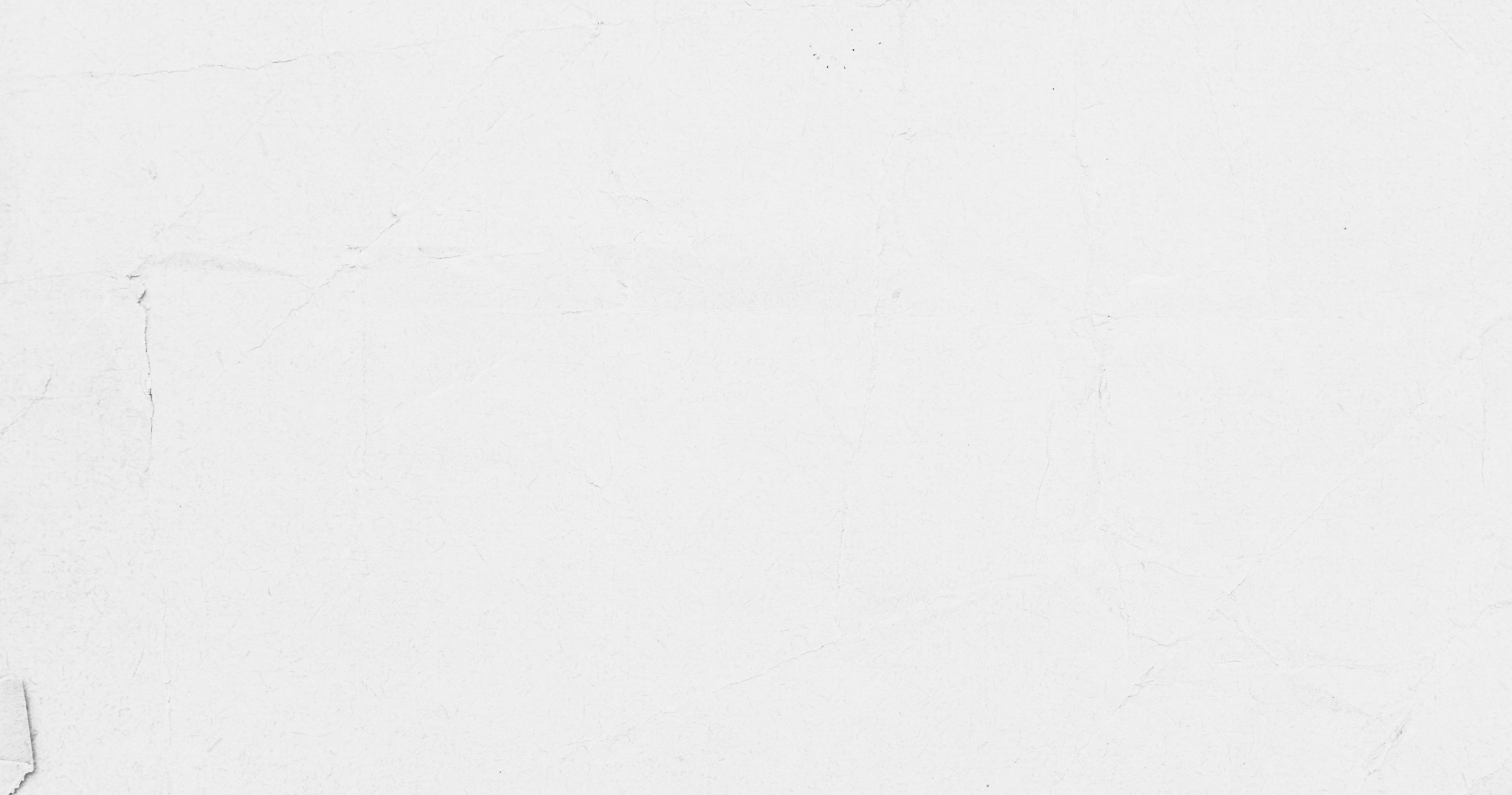What it means to be a human being is neither simple nor obvious. For this reason, I was not that surprised by the responses to <em>Dignitas Infinita</em> in 2024. Traditional-minded critics pointed out the oddity of applying “infinite” dignity to the finite creature of man, and the lack of clarity on intrinsic versus other types of evils. Progressive-minded critics were nonplussed by the inclusion of gender ideology as a threat to human dignity.
Only one sentence genuinely surprised me: “There is widespread agreement today,” the document reads, “on the importance and normative scope of human dignity and on the unique and transcendent value of the human being” (DI 7). This has not been the case in Western society for some time, and the Church would do well to take stock of the “signs of the times” in this respect. Christmastime, when we celebrate God’s taking on human flesh to “dignify” our fallen nature, is an appropriate season to do so. We must first understand what goes into a concept of human dignity; and then take greater cognisance of the complex and dynamic picture of human nature that Scripture and Catholic tradition present.
John Loughlin provides a helpful historical overview of the concept of human dignity in a recent volume, <em>Human Dignity in the Judaeo-Christian Tradition </em>(Bloomsbury, 2019). The Christian concept is a synthesis of a classical, Ciceronian idea that man’s <em>dignitas</em> arises from his capacity to reason, with the biblical idea that human beings are made in God’s “ image and likeness” (Gen 1:26 -27). But as religious belief has declined in the modern era, so has a notion of human dignity. Nietzsche explicitly rejects the Christian idea and roots human greatness in wilful self-assertion; Marx reduces human nature to class interests; Freud sees humanity as a smouldering cauldron of repressed desires.
In response to such reductionism, the Church has made human dignity a consistent theme of its contemporary witness: every pope since Leo XIII has reiterated the biblical teaching; <em>Gaudium et Spes </em>presents human dignity as a centrepiece of Vatican II’s pastoral vision (GS 12-22). Henri de Lubac famously catalogued the story of the reductive anthropologies generated by modern atheism, which was not, he argued, a benign intellectual exercise, but a revolutionary political project which aimed at nothing less than the “annihilation of the human person”.
Is humanity noble but fallen, as in the Christian view? Or is it a collection of conflicting drives for status, power and sex? Secular society has proceeded apace since de Lubac’s time. British bioethicist Ruth Macklin declared the concept of human dignity “useless” in a 2003 medical journal; and Harvard psychologist Steven Pinker spoke of the “The Stupidity of Dignity” in a 2008 <em>Atlantic</em> piece.
Among Catholics, Alasdair MacIntyre has questioned the usefulness of the concept for contemporary discourse, noticing it tends to be a “placeholder” for more fundamental issues. The Church’s inclination to emphasise the worth of the human person in contemporary times is an understandable response to modern reductionism. But we must be clear about what “human worth” means, even within the Christian tradition.
The classical Christian doctrine is that human dignity arises from the “image of God” bestowed on us at creation. Humanity is the culmination of God’s “very good” creation, the only creature for whom God says, “Let us make man in our image, after our likeness” (Gen 1:26-27; 1:31). Traditionally, this image was located in our thinking and willing capacities, since no other creature can imagine or imitate God’s own way of thinking and loving. This introduces a stunning possibility; Genesis 2-3 presents a dramatic element to the dignity of the image, where “likeness to God” appears in a very different light.
After God provides the first couple a garden to till and each other to love, the serpent appears. Satan is a master of deception by half or partial truths, and his interaction with the woman is exemplary. He says that God forbade the particular tree since he “knows that when you eat of it your eyes will be opened, and you will be like God, knowing good and evil” (3:5).
The falsehood is that God is in a competitive relationship with humans; but the promise of being like God turns out, somehow, to be true. Their “eyes are opened” and God expels them from the garden since “they have become like us, knowing good and evil” (3:7, 22). What are we to make of this? How is godlikeness good in Genesis 1 and bad in Genesis 3?
The answer is that the “image of God” in us is double-edged. It is irrevocably given by God at creation, but can go disastrously bad when summoned to evil ends. The Hebrew term for image at Gen 1:26 reflects this. <em>Tselem</em> means a “physical statue”, and it often in Scripture describes idols, <em>ie</em> the kinds of things God commands to be destroyed because they present false pictures of Him (Num 33:52; Ezek 7:20; Amos 5:26).
The implication seems to be that we participate in the “infinite dignity” of God by our creation; yet we can choose to live up to that dignity or not. We can think of an image of God on His terms (Gen 1-2) or try, as Nietzsche, to do so on our own terms, presuming divine prerogatives that actually alienate us from the true God and distort our humanity (Gen 3).
<em>Dignitas Infinita</em> has an important paragraph explaining this dynamic. Our “ontological dignity” is irrevocable; but our “moral dignity” can be lost when we transgress through sin (DI 7). It is a patristic distinction rooted in the biblical text, which itself is replete with the paradox of humanity’s simultaneous nobility and sinfulness. Man is “a little lower than the angels” yet with a heart “deceitful above all things” (Ps. 8:5; Jer 17:5); God “knits us together in our mother’s womb", yet “there is none righteous…together they have become worthless” (Ps 139:13-14; Rom 3:12); “the spirit of man is a lamp of the Lord”, yet “evil things come from within and defile” (Prov 20:27; Mark 7:21-23).
I therefore end with a suggestion. It is an understandable instinct, and an important witness, to maintain human dignity in the face of reductive accounts of the human person. But the Church risks a certain tone-deafness to the “signs of the times” when she proceeds on the assumption that there is, in 2024 and now in 2025, “widespread agreement” on the “unique and transcendent value of the human being”.
Though this truth is, in principle, accessible by reason (cf Cicero), in practice today it may require something like super natural faith to affirm (cf Marx, Nietzsche, Freud, Macklin, Pinker, etc). To paraphrase de Lubac, the “annihilators of human nature” remain legion, and the drama of affirming human dignity requires as much emphasis on the infinite source of this dignity as it does on our finite and fragile human nature, our “<em>dignitas finita</em>”.
Preaching the full drama of human dignity – its bestowal by God, moral loss by sin, and potential restoration by Christ in His Incarnation, Crucifixion and Resurrection – reflects God’s ultimate desire that every man and woman who “has born the image of the man of dust…also may bear the image of the man of heaven” (1 Cor 15:49).
<em>Photo: Detail of the 'Tapestry of Creation', 11th century, Girona Cathedral Museum. (iStock.)</em>
<em>Fr Peter Hannah OP is a member of the Province of the Most Holy Name of Jesus (USA), and a doctoral candidate in Theology at the University of Durham</em>.
<strong><strong>This article appears in the special December/January 2024 double edition of the <em>Catholic Herald</em>. To subscribe to our award-winning, thought-provoking magazine and have independent, high-calibre, counter-cultural and orthodox Catholic journalism delivered to your door anywhere in the world click <a href="https://catholicherald.co.uk/subscribe/?swcfpc=1"><mark style="background-color:rgba(0, 0, 0, 0)" class="has-inline-color has-vivid-cyan-blue-color">HERE</mark></a></strong></strong>.



